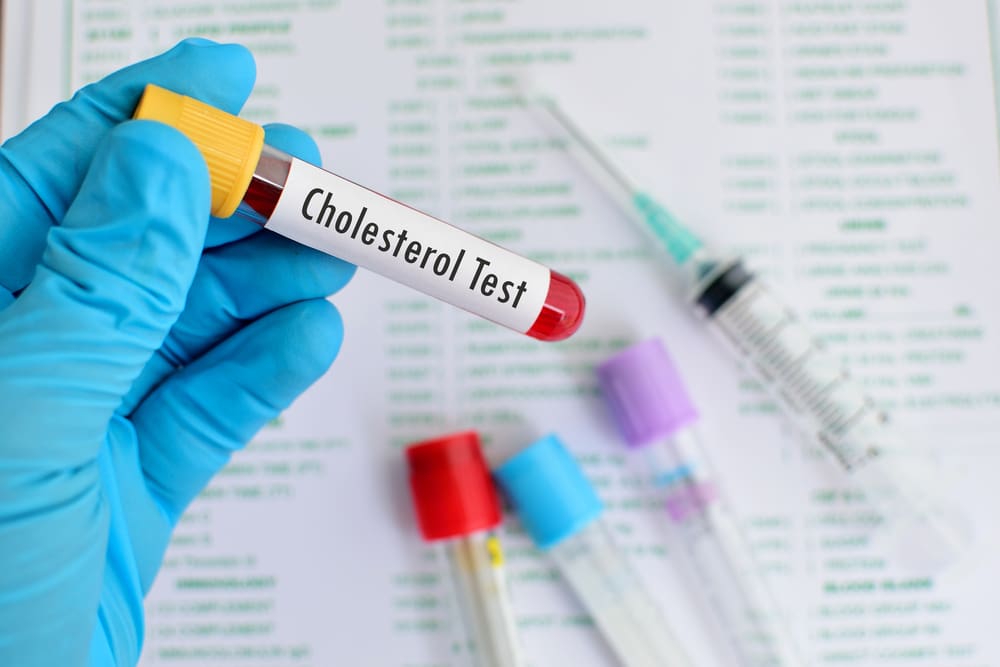Maintaining healthy cholesterol levels represents one of the most important steps toward cardiovascular wellbeing. While medication often becomes necessary for managing high cholesterol, dietary interventions provide powerful complementary approaches—or even alternatives for those with borderline levels. Among nature’s cholesterol-fighting foods, certain seeds stand out for their remarkable lipid-lowering properties. These tiny nutritional powerhouses deliver beneficial compounds that can help reduce harmful LDL cholesterol while supporting overall heart health through multiple mechanisms.
Flaxseeds and their lignans
Flaxseeds have emerged as nutritional stars for their exceptional omega-3 fatty acid content and unique plant compounds called lignans. These small brown or golden seeds contain alpha-linolenic acid (ALA), a plant-based omega-3 that helps reduce inflammation and improves cholesterol profiles. The soluble fiber in flaxseeds forms a gel-like substance in the digestive tract that binds to cholesterol, preventing its absorption and facilitating its removal from the body.
Research indicates that consuming 2-3 tablespoons of ground flaxseeds daily can lower LDL cholesterol by up to 10 percent in some individuals. The key to maximizing flaxseed benefits lies in proper preparation—whole seeds pass through the digestive system largely intact, while ground seeds allow better absorption of nutrients. A coffee grinder creates perfectly ground flaxseeds that can be sprinkled over oatmeal, yogurt, or salads. For convenience, store ground flaxseeds in an airtight container in the refrigerator to prevent the oils from oxidizing.
The mild, nutty flavor of flaxseeds complements both sweet and savory dishes. Mix them into morning smoothies, incorporate them into homemade bread recipes, or use them as an egg substitute in vegan baking. For those monitoring fat intake, flaxseeds provide a satisfying texture and nutritional boost without excessive calories.
Chia seeds and gel-forming fiber
Chia seeds pack an impressive nutritional profile into their tiny size, including substantial amounts of soluble fiber that directly impacts cholesterol levels. When exposed to liquid, chia seeds develop a gel-like coating that increases their volume substantially. This same gel-forming capacity works in the digestive tract to trap cholesterol particles and remove them from the body before absorption occurs.
The significant omega-3 content in chia seeds—even higher by weight than flaxseeds—helps reduce triglycerides and inflammation while improving the ratio between LDL and HDL cholesterol. Unlike flaxseeds, chia seeds need no grinding and can be consumed whole while still delivering their nutritional benefits. Their mild flavor adapts well to various dishes without overwhelming other ingredients.
For optimal cholesterol-lowering effects, aim for 1-2 tablespoons of chia seeds daily. Create simple chia puddings by mixing the seeds with plant-based milk and refrigerating overnight. Add them to overnight oats, smoothie bowls, or as a crunchy topping for salads and yogurt. Chia seeds can also replace eggs in baking recipes or thicken soups and sauces while boosting their nutritional value.
Sesame seeds and sesamin
Sesame seeds contain powerful compounds called lignans—particularly sesamin and sesamolin—that demonstrate remarkable cholesterol-lowering abilities. These compounds help inhibit cholesterol absorption in the intestines while also reducing the liver‘s production of cholesterol. The combination of these mechanisms makes sesame seeds particularly effective for improving lipid profiles when consumed regularly.
The calcium, magnesium, and phosphorus content in sesame seeds provides additional cardiovascular benefits beyond cholesterol reduction. The seeds come in both hulled (white) and unhulled (brown) varieties, with unhulled seeds offering more fiber and calcium. Toasting sesame seeds enhances their nutty flavor and makes their nutrients more bioavailable.
Incorporate sesame seeds into your diet by sprinkling them over stir-fries, roasted vegetables, or salads. Tahini—a paste made from ground sesame seeds—serves as a nutritious base for dressings, dips, and sauces while delivering the same cholesterol-lowering benefits. For convenience, keep a shaker of toasted sesame seeds near the stove to add to meals just before serving.
Pumpkin seeds and phytosterols
Pumpkin seeds stand out for their exceptional content of plant sterols (phytosterols), compounds with structures similar to cholesterol that compete with dietary cholesterol for absorption in the intestines. By blocking cholesterol absorption, phytosterols effectively reduce LDL cholesterol levels when consumed regularly. The magnesium and zinc in pumpkin seeds provide additional cardiovascular support by regulating blood pressure and reducing inflammation.
Known as pepitas when hulled, these flat, greenish seeds deliver a satisfying crunch and subtle earthy flavor that works well in both sweet and savory applications. For maximum cholesterol-lowering benefits, consume about 1⁄4 cup of pumpkin seeds daily. While raw seeds preserve certain nutrients, light roasting enhances flavor without significantly diminishing nutritional value.
Incorporate pumpkin seeds into homemade granola, trail mix, or energy bars for convenient snacking. Add them to salads or grain bowls for textural contrast, or grind them into pestos and sauces as alternatives to traditional pine nuts. Some cultures even incorporate pumpkin seeds into traditional moles and other complex sauces, taking advantage of both their thickening properties and nutritional benefits.
Hemp seeds and gamma-linolenic acid
Hemp seeds contain the perfect ratio of omega-6 to omega-3 fatty acids for human health, including gamma-linolenic acid (GLA)—a rare fatty acid with potent anti-inflammatory properties. This balanced fatty acid profile helps reduce inflammation in blood vessels and improves overall cholesterol ratios. Additionally, hemp seeds provide plant-based protein with all essential amino acids, supporting heart health through multiple pathways.
The soft, creamy texture of hulled hemp seeds (sometimes called hemp hearts) makes them easier to incorporate into dishes than harder seeds. Their mild, slightly nutty flavor complements most dishes without overpowering other ingredients. Aim for 2-3 tablespoons daily to support cholesterol management goals.
Sprinkle hemp seeds over avocado toast, blend them into smoothies, or stir them into yogurt for breakfast. For lunch and dinner applications, add them to pasta dishes just before serving, incorporate them into veggie burgers, or use them to top roasted vegetables. Hemp seeds maintain most of their nutritional value when exposed to moderate heat, though extremely high temperatures can damage some beneficial compounds.
Sunflower seeds and vitamin E
Sunflower seeds deliver exceptional amounts of vitamin E—a powerful antioxidant that helps prevent LDL cholesterol oxidation, a crucial step in the development of atherosclerosis. Their phytosterol content rivals that of pumpkin seeds, providing complementary cholesterol-lowering effects through reduced intestinal absorption. The combination of unsaturated fats and plant sterols makes sunflower seeds particularly effective for improving lipid profiles.
The protein, fiber, and B vitamins in sunflower seeds support overall cardiovascular health while helping maintain steady blood sugar levels. Unsalted varieties provide the most health benefits, as excess sodium can counteract some positive effects on blood pressure. For convenience, keep both shelled and in-shell versions available—shelled for cooking and in-shell for mindful snacking that naturally limits portion size.
Add sunflower seeds to homemade whole-grain bread or muffins, sprinkle them over roasted vegetables before serving, or incorporate them into grain salads and pilafs. Sunflower seed butter provides an excellent alternative to peanut butter for those with nut allergies while delivering the same cholesterol-lowering compounds. When purchasing commercial sunflower products, check labels carefully to avoid added sugars, oils, or sodium that could diminish health benefits.
These six seeds—flax, chia, sesame, pumpkin, hemp, and sunflower—each contribute unique compounds to cholesterol management while providing additional nutritional benefits. For optimal results, rotate different seeds throughout your weekly meal plan rather than focusing exclusively on one variety. This approach ensures a broader spectrum of beneficial compounds while preventing dietary boredom.
When incorporating these seeds into your diet, remember that consistency matters more than quantity. Regular consumption of modest amounts typically yields better results than occasional large portions. While these seeds offer impressive cholesterol-lowering potential, they work best as part of a comprehensive approach that includes other heart-healthy habits—regular physical activity, adequate hydration, stress management, and an overall dietary pattern rich in vegetables, fruits, and whole grains.














